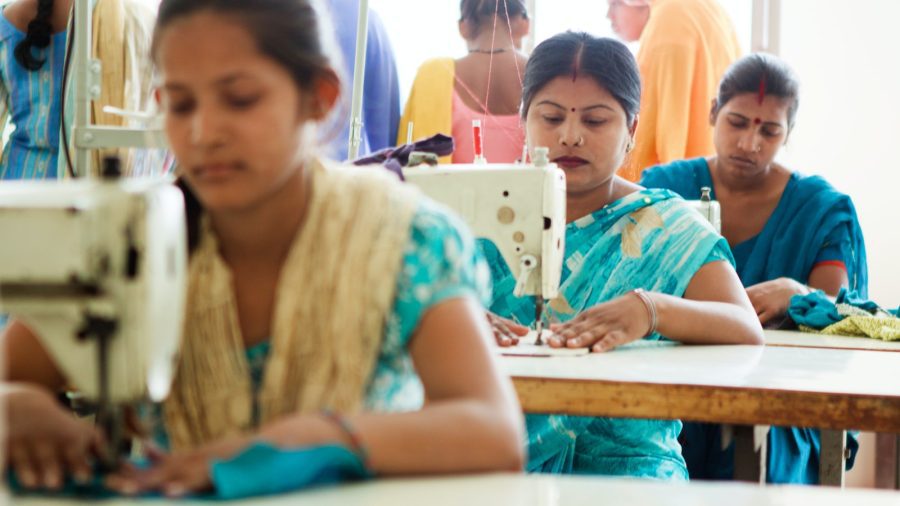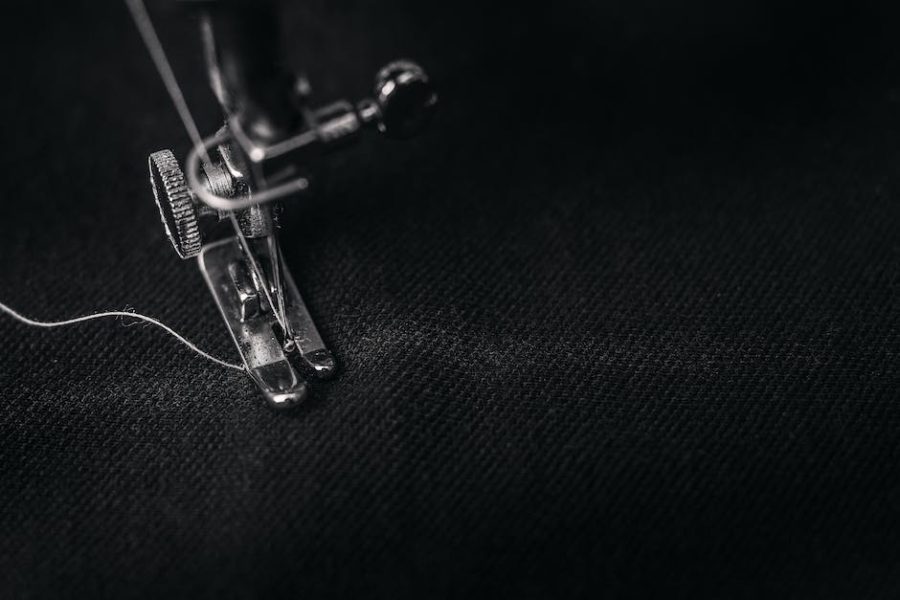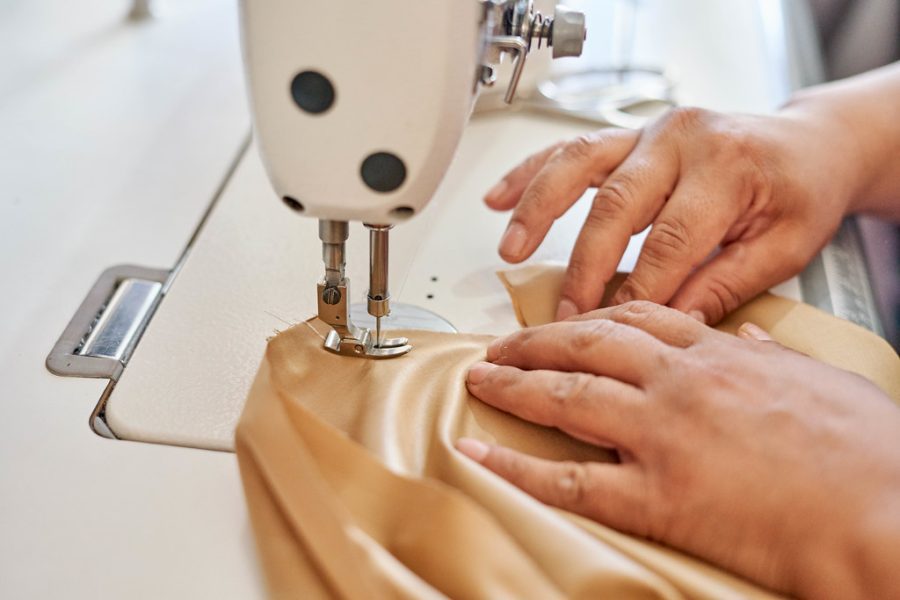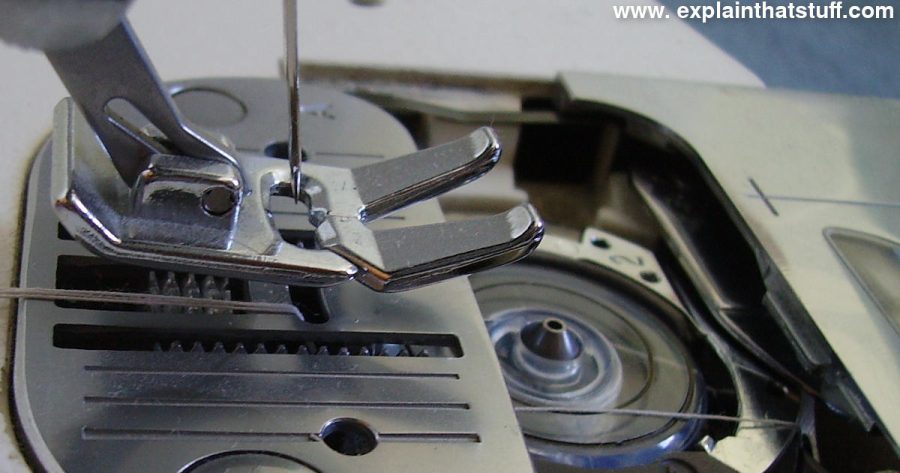Introduction
When sewing, it can be frustrating to have your sewing machine skip stitches. This problem not only affects the quality of your work but also slows down your progress. Understanding the reasons behind this issue can help you troubleshoot and fix it, ensuring smooth and flawless stitching.
1. Needle Problems
The most common reason for a sewing machine skipping stitches is a dull or damaged needle. Over time, needles become worn out, bent, or chipped, causing them to miss stitches as they fail to penetrate through the fabric properly. It’s crucial to replace needles regularly, especially if you work with tough materials like denim or leather.
2. Incorrect Needle Size
Using the wrong needle size for your fabric can also lead to skipped stitches. If the needle is too thin or too thick, it may struggle to pierce through the fabric, causing the stitches to be incomplete or uneven. Ensure you are using the appropriate needle size for the fabric you are sewing to avoid this issue.
3. Incorrect Thread Tension
An improper thread tension setting can cause skipped stitches. If the tension is too tight, it can prevent the needle from passing through the fabric smoothly. Similarly, if the tension is too loose, the thread may not properly form a stitch in the fabric. Make sure to adjust your machine’s tension settings correctly according to the fabric and thread you are using.
4. Incorrect Thread Type
Using the wrong type of thread can also result in skipped stitches. Threads with loose or weak fibers are more likely to break or slip out of the needle, causing stitches to be skipped. When sewing, choose high-quality thread suitable for the fabric you are working with to minimize this issue.
5. Incorrect Machine Setup
Insufficient or improper machine setup can contribute to skipped stitches. Make sure the bobbin is correctly inserted and securely wound. Also, ensure that the needle is properly fitted and tightened, as a loose needle can lead to skipped stitches. Regular cleaning and oiling of the machine can also prevent buildup of lint or debris that might interfere with the stitching process.
Conclusion
Having your sewing machine skip stitches can be frustrating, but it’s a common problem with various underlying causes. By understanding and addressing these issues, such as needle problems, incorrect needle size, improper thread tension, incorrect thread type, and incorrect machine setup, you can make your sewing machine stitch smoothly once again. Remember to regularly maintain and care for your sewing machine to prevent future problems and ensure optimal performance.





Troubleshooting is key!
Good call Griffin! Depending on how in-depth the troubleshooting process is, this could be a great guide as to how to identify the root cause of why a sewing machine is skipping stitches, which is essential knowledge for sewing enthusiasts.
Check the tension of the thread!
Absolutely; tension is an important factor when it comes to stitching. This article should provide a solid overview of how to diagnose the tension issue and correct it accordingly.